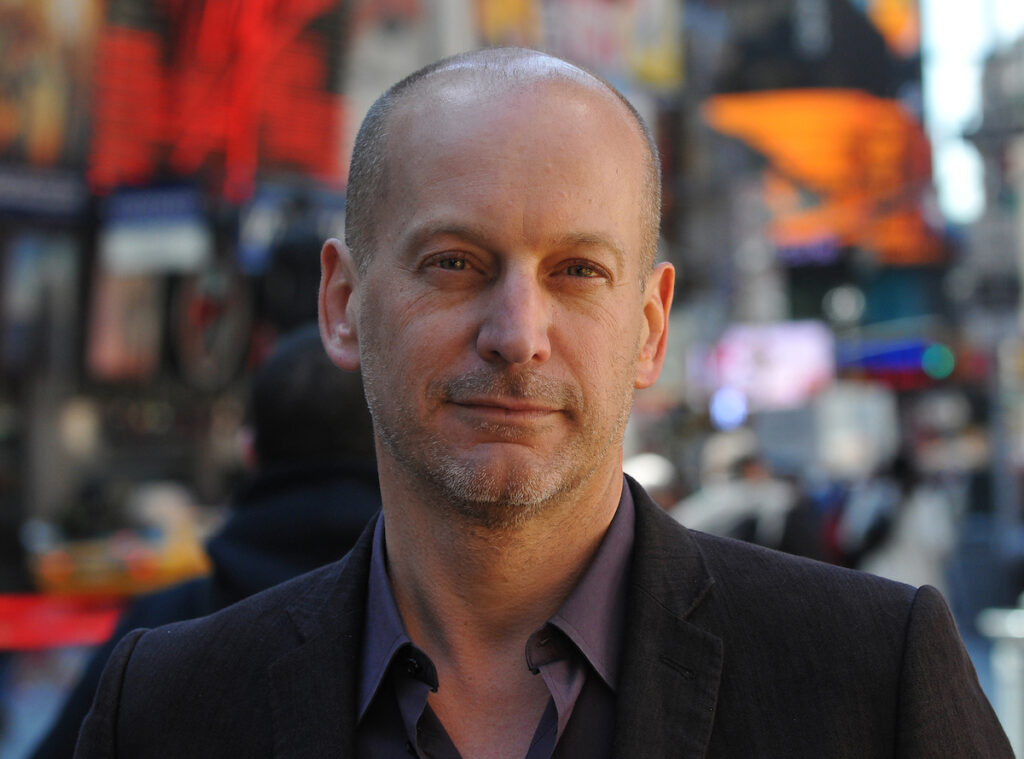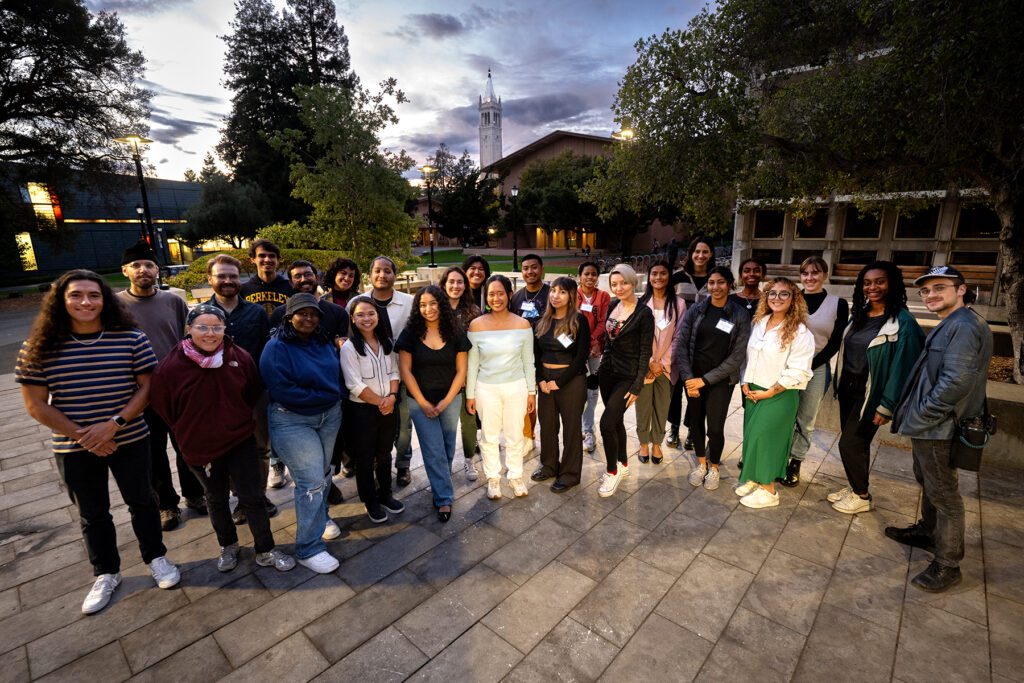Transformative gift from Jon Stryker amplifies CED’s social justice mission
The College of Environmental Design announces $10.8 million gift from alum Jon Stryker to extend social justice fellowships.

With a historic $10.8 million gift to the College of Environmental Design — the largest donation to the college to date — Jon Stryker (MArch 1989) has ensured the successful continuation of the Arcus Social Justice Corps. A fellowship for students who plan to use their education for the public good, Arcus is already having a transformative effect, rippling out from individual fellows to the college as a whole and to the communities they serve.
Stryker is founder and president of the Arcus Foundation, a global grantmaking organization that advocates for social and environmental justice. He says, “My aim has always been to have a direct impact in the world.”
With an initial gift from Stryker, the Arcus Social Justice Corps launched in 2021 as a pilot program that provides significant financial support to students in any of CED’s master’s degree programs who pledged to work in social justice careers for three years after graduating.
“Now, thanks to Jon’s generosity, we are able to develop the Arcus Fellowship beyond its pilot phase and increase the funding package we offer each student. With this additional commitment, incoming Arcus Fellows will be able to attend CED tuition-free. When they graduate, they will be poised to have a profound impact on issues at the intersection of social justice and the built environment,” says William W. Wurster Dean Renee Chow.
By fully funding tuition and fees, and in most cases offering a stipend for living costs, CED can now ensure that Arcus Fellows will graduate without significant debt and enter the workforce able to select jobs based on principles not paychecks.
Stryker pledged additional funds to the program after witnessing the success of the initial cohort of Arcus Fellows. With master’s degrees in design, real estate development, city planning, architecture, urban design, and landscape architecture, these CED alums are already putting their ideals into action.
Arcus Fellowship has far-reaching impact
“What makes Jon’s gift farsighted, and transformative, is how it catalyzes concentric circles of positive impact,” says Chow.
The most direct impact is on the individual Arcus Fellows, most of whom would not be in a position to pursue their degrees without this crucial support. Since fellows are in all of CED master’s programs, they ensure that social justice is always part of the conversation across the college.
— Jon Stryker (MArch 1989)
“I can really see how all of our students have increased their awareness of how design can address environmental justice, rising social inequality, and racial inequities,” says Chow.
And as Arcus Fellows move out into the world, they are impacting the places they work — from real estate development firms to architecture practices to government agencies to community organizations — by bringing a social justice perspective and the community-based practices they learned at Berkeley to the field of environmental design.
The first cohort of Arcus Fellows, who graduated in 2022, are pursuing social justice careers at Asian Health Services, Bay Area Air Quality Management District, Berkeley Housing Advisory Commission, La Clínica de La Raza, Eden Housing, Equity Community Builders, Healthy Havenscourt Collaborative, MidPen Housing Corporation, and Southern California Association of Governments, among other organizations, agencies, and practices. They are working to develop affordable housing, design policies to tackle homelessness, restructure food systems, teach the next generation of socially aware designers, and create inclusive neighborhoods.
“In the end, we will all gain, as the built environment is reshaped to be more just and equitable,” Chow says.
“The Arcus Social Justice Fellows are dedicated, talented young people who will find a way to do great things no matter what, but this program removes impediments to their success,” says Stryker. “And let me be clear, when they are successful, many others benefit.”
Fellowship affirms Berkeley’s commitment to social justice

CED is known globally for its longstanding commitment to design as a human-centered, ethical practice but has not always been able to match that dedication with dollars. Stepping up funding for the Arcus Fellowship enables CED to compete for top students against schools that provide more comprehensive packages.
“This new gift will make an enormous difference to the fellows — despite the generous funding package in the pilot phase, we know students still struggled to make ends meet in the expensive Bay Area housing market,” says Elizabeth Bowler, who manages the Arcus program.
In addition to covering tuition, the Arcus Fellowship connects students to leaders in their respected fields through networking, mentoring, and internships. The fellowship provides payment for internships, which have the potential to lead to full-time employment after graduation. Current and former fellows have interned at the City of Berkeley Department of Economic Development, MASS Design Group, the San Francisco Federal Reserve Bank, the Center for Community Action and Environmental Justice, and the United Nations Office of the Secretary General, suggesting the range of spheres where Arcus Fellows can have a meaningful impact.
Arcus Fellows translate ideas into action
The current Arcus Fellows plan to use their professional training to work on Indigenous land management, participatory design, climate justice, antiracist memorials, food access, affordable housing, and other issues. “We are excited to be educating the next generation of ‘doers,’” says Bowler. “Our Arcus Fellows are dedicated to translating ideas into action, not by theorizing, but by actually doing the work.”
“I not only see the Arcus Fellowship as an immense help in furthering my own education,” says Mario Devora (MArch 2022), “but also as a motivation for future generations.”